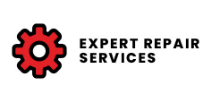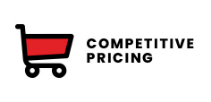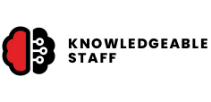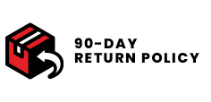Do New Scales Come Calibrated?
Posted by Jon M on Oct 27th 2018
We get asked this question all the time. And for good reason. A scale isn't much good if it isn't calibrated. However, this isn't a simple yes or no answer. The short answer is yes. Most new scales are calibrated from the manufacturer. But how they arrive can mean something very different to you.
Factory Calibration
Many manufacturers will perform whats called a 'factory calibration' as part of their quality control process. At some point before final packaging, quality technicians will perform a calibration to ensure the scale is within tolerance and functioning properly. In some instances, documentation is included that reports the instrument is operating properly. This is often referred to as a 'Certificate of Conformity' or 'Quality Certificate'. These documents rarely provide much detail, rather serving as a statement that the scale passes manufacturing or regulatory requirements. These are not to be confused with calibration reports.
So when a customer asks me, "Does this scale come calibrated?", I have to get to the bottom of what they are really looking for. Are they just verifying that the scale is factory calibrated? Are they asking if it is going to weigh accurately out of the box? Do they need a traceable calibration report? From there, I can answer more precisely. Which brings me to the next point.
Documentation
After I've asked the necessary questions, I can explain more clearly whats included with the new scale. I've found often times that folks are really asking for a traceable calibration report. Most manufacturers do not provide them. Some do, upon request, but it is very uncommon and usually quite costly. Generally speaking, a scale is factory calibrated only from a quality standpoint and they leave it up to service companies to provide calibration reports. At that point, if a traceable cal report is required, I would instruct them to hire a local service provider to perform the calibration on-site or have the unit delivered to a company that can provide the requested documentation prior to sending it to their facility.
Certificates of Conformity and Quality Certificates are generally available by request. Some companies have internal quality systems that require a statement from the manufacturer that the product passes quality standards and regulatory guidelines, where applicable. Scales Plus can request these documents on your behalf or you can reach out to the manufacturer directly. With just the serial number, you can request the documentation specific to your unit.
Calibrate Your New Scale
As a general rule of thumb, we tell every customer that asks this question that they should ALWAYS calibrate their new scale upon initial setup. Whether or not it was calibrated at the factory or by a third-party, a scale can lose calibration while in transit. Freight carriers aren't known for being particularly careful and packages get jostled around during sorting and delivery. This can cause scales, especially analytical balances, to lose their calibration. Given this fact, it is a standard best practice to calibrate your new scale as soon as you set it up.
Conclusion
To wrap it all up, many scales are factory calibrated from a quality standpoint and have supporting documentation available that they've met guidelines. However, factory calibration does not mean they include traceable calibration reports. So when asking if a new scale comes calibrated, be sure to clarify what specific documentation you need, if any. And as mentioned, new or not, every scale should be checked for accuracy any time they are relocated. Especially after being handled during shipping.





